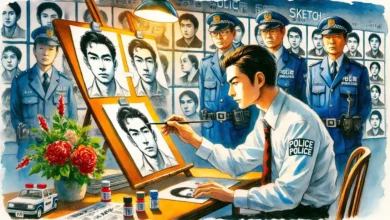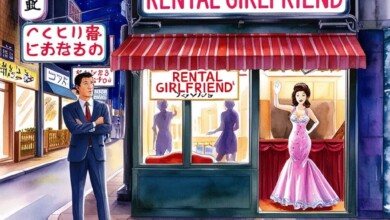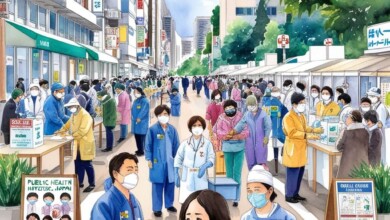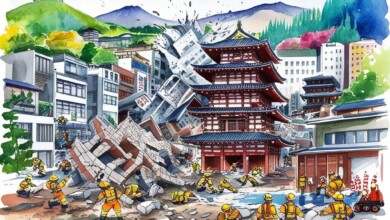Why Do Some Japanese Workers Live in Manga Cafes?
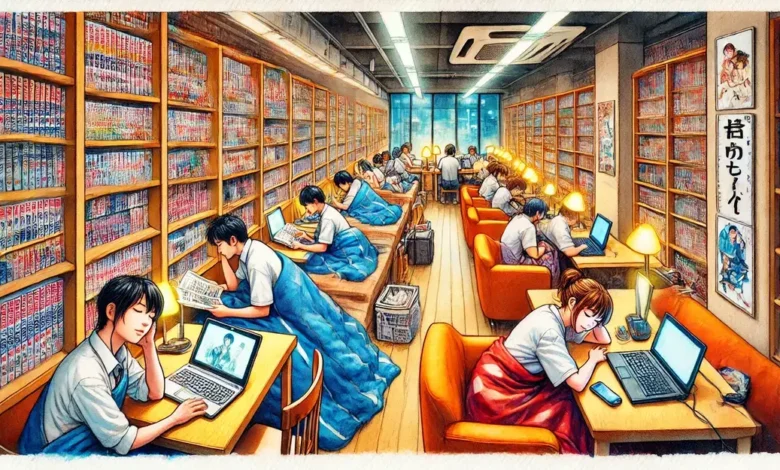
In Japan, people have come up with different places to sleep because they are often very tired. These places include Love Hotels, capsule hotels, and manga cafes. Manga cafes are places where you can read comic books and also take a nap. But, did you know that some people in Japan actually live in these manga cafes? Yes, it’s true! Some people who don’t have a home find these cafes a good place to stay for a long time. They find comfort and a break from their daily problems there.
But, there’s something surprising that we learned this year. Many people are staying in manga cafes for a longer time than they were meant to. In fact, many people who don’t have a home are living in these cafes for a long time. This is the story of why some people in Japan choose to live in manga cafes.

What exactly is a manga cafes?
A manga café in Japan might be a bit hard to understand if you’re not from there. It’s a place where people can pay to stay. It’s like a waiting room, a library, a cheap hotel, and a place to use the internet all in one.
What you get at a manga café depends on the kind of room you choose. But usually, you can find a big collection of comic books (manga), drinks, and private booths. There are different types of booths. Some have just a chair that leans back. Others have a traditional Japanese floor called tatami. There are also booths with couches and booths for couples.

Reasons people stay temporarily
People have different reasons for staying at a manga café in Japan. But one main reason is to sleep for the night. These cafés often have showers and are a cheap place to stay quickly overnight. This is especially helpful if you’ve missed the last train. You see, trains in Japan usually stop running around midnight. So, if you live far from the city, getting a taxi home can be really expensive. That’s why some people choose to stay at a manga café instead.
The facts and figures, as well as who lives there
The government of Tokyo, a big city in Japan, recently shared some interesting facts about people who visit manga cafés. The Japan Times reported that a survey was done from November 2016 to January 2017. The survey looked at 502 manga cafés in Tokyo that are open all day and night. They asked questions to 946 people who visit these cafés. Answers came from 222 cafés that took part in the survey.
The survey found that more than 15,000 people stay at these cafés every night. About 4,000 of these people don’t have a home and use these cafés as a safe place to stay. Most of these people without homes who stay at the cafés are in their 30s and 50s. They make up 38.5 percent and 27.9 percent of the people staying there, respectively.
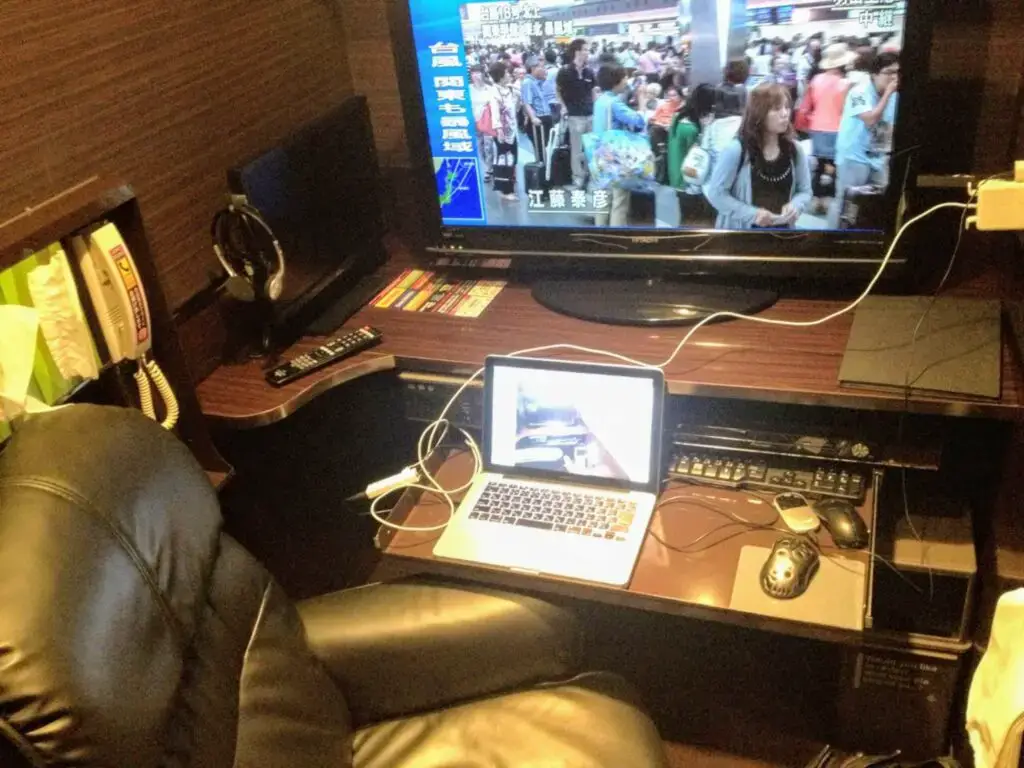
The potential reasons people are living more permanently
Almost 3,000 people who don’t have a home and live in cafés in Japan don’t have a regular job. Many of them work part-time. A lot of people in their 30s are having a hard time because of the big money crisis that happened in 2008. Older people also have a hard time finding a job because of their age.
In Japan, it can cost a lot of money to rent an apartment. You have to pay for moving, a deposit, and ‘key money.’ Key money is like a gift you give to the landlord that you don’t get back. It’s usually the same amount as one month’s rent. All these costs can add up to thousands of dollars. This is one big reason why some people don’t have a home.
Some people in Japan who don’t make a lot of money have a tough time. They make enough money that they can’t get help, but not enough to rent a house in Tokyo. Almost half of the people who live in cafés and don’t have a home make between 110,000 yen to 150,000 yen ($999 – 1362 USD) a month. Another 10% don’t make any money at all.
People living in cafés, or ‘cyberhomelessness,’ is not new. The last big study on this was done in 2007 by the Health, Labor, and Welfare Ministry. Since then, the number of people living in cafés has gone down to 5,400. The government of Tokyo has promised to use this information to help people who need it.

